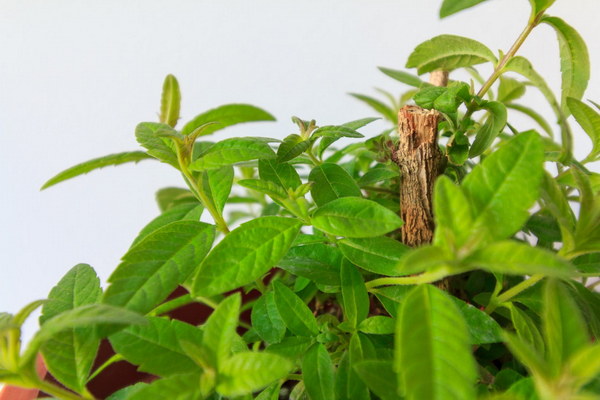The Ultimate Guide to Traditional Chinese Medicine Unveiling the Secrets of Health and Longevity
Introduction:
Traditional Chinese Medicine (TCM) has been practiced for over 2,500 years and is renowned for its holistic approach to health and wellness. This article aims to provide a comprehensive overview of TCM, offering insights into its fundamental principles and secrets of health and longevity.
I. Understanding Traditional Chinese Medicine (TCM)
A. Definition and History:
Traditional Chinese Medicine is a comprehensive system of medicine that combines various practices, such as herbal medicine, acupuncture, massage, and dietary therapy. It originated in China and has been passed down through generations, accumulating vast knowledge about the human body, its functions, and the factors that contribute to health and disease.
B. Core Principles:
1. Yin and Yang: TCM is based on the concept of Yin and Yang, representing the complementary and opposing forces that maintain balance and harmony in the body.
2. Qi: Qi (pronounced chee) is considered the vital energy that flows through the body, maintaining its functions and balance. Any imbalance in Qi can lead to illness.
3. Meridians: TCM believes that Qi flows through a network of channels called meridians, connecting various organs and tissues. The balance of Qi in these meridians is crucial for good health.
II. TCM Practices and Therapies
A. Acupuncture:
Acupuncture involves inserting fine needles into specific points on the body to stimulate the flow of Qi and restore balance. It is effective for a wide range of conditions, including pain, stress, and insomnia.
B. Herbal Medicine:

Herbal medicine is a cornerstone of TCM, utilizing natural plants and minerals to treat various diseases and promote overall health. Chinese herbs are often prescribed in combination to address specific imbalances in the body.
C. Massage Therapy:
TCM massage, known as Tui Na, involves the use of various techniques to stimulate circulation, relieve muscle tension, and balance Qi. It is beneficial for pain management, stress reduction, and improving flexibility.
D. Dietary Therapy:
Nutrition plays a significant role in TCM, as certain foods and dietary habits can either nourish or harm the body. TCM dietary therapy involves selecting appropriate foods based on individual needs, such as balancing Yin and Yang, and supporting the body's organs and meridians.
III. Health and Longevity in TCM
A. Prevention:
TCM emphasizes the importance of disease prevention through maintaining a balanced lifestyle and diet. This includes regular exercise, adequate rest, and managing stress.
B. Holistic Approach:
TCM treats the whole person, addressing not only the symptoms but also the underlying causes of illness. By promoting overall balance and harmony, TCM aims to prevent and treat diseases effectively.
C. Longevity:
TCM is renowned for its ability to promote longevity. By addressing the root causes of illness and supporting the body's natural functions, TCM can help individuals live longer, healthier lives.
Conclusion:
Traditional Chinese Medicine offers a unique and comprehensive approach to health and wellness. By understanding its core principles and utilizing its practices and therapies, individuals can achieve balance, prevent disease, and enhance their overall quality of life. The Ultimate Guide to Traditional Chinese Medicine serves as a valuable resource for anyone seeking to explore the secrets of health and longevity.









